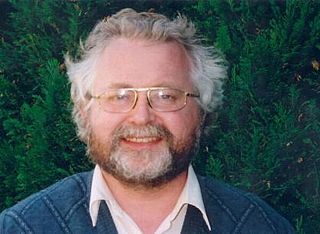A Quote by Ella Baker
I don't know, except that the only simple answer, I think, is that SCLC [Southern Christian Leadership Conference] had never really developed an organizing technique. I've always characterized the difference in saying that they went in for mobilization. And, to be honest, in terms of the historical facts, their mobilization usually was predicated upon some effort at organizing by someone else. And, at this stage, it was largely SNCC.
Related Quotes
The public is really not kept abreast, and our leaders are not clear and forthright about what the terms of engagement are right now - that we really have no choice except to undertake a wartime scale mobilization, but a mobilization knowing that we can actually fix this. It's only a disaster if we continue to plunge headlong into the problem, which is only accelerating in spite of everything that the Democrats have been willing to say and do about it.
I think a way to behave is to think not in terms of representative government, not in terms of voting, not in terms of electoral politics, but thinking in terms of organizing social movements, organizing in the work place, organizing in the neighborhood, organizing collectives that can become strong enough to eventually take over - first to become strong enough to resist what has been done to them by authority, and second, later, to become strong enough to actually take over the institutions.
My technique is laughable at times. I have developed a style of my own, I suppose, which creeps around. I don't have to have too much technique for it. I've developed the parts of my technique that are useful to me. I'll never be a very fast guitar player. I don't really know what to say about my style. There's always a melodic intent in there.
The idea of protest organizing, as summarized by community organizer Saul Alinsky, is that if we put enough pressure on the government, it will do things to help people. We don't realize that that kind of organizing worked only when the government was very strong, when the West ruled the world, relatively speaking. But with globalization and the weakening of the nation-state, that kind of organizing doesn't work.
The reaction we should be having to [rich liberals] is not ridicule, but rather self-criticism. Why aren't we organizing them? I mean, we are the ones that ought to be organizing them, not Rush Limbaugh. There are historical analogs, which are not exact, of course, but are close enough to be worrisome. This is a whiff of early Nazi Germany.
Never before has a populist democracy attained international supremacy. But the pursuit of power is not a goal that commands popular passion, except in conditions of a sudden threat or challenge to the public's sense of domestic well-being. The economic self-denial (that is, defense spending) and the human sacrifice (casualties, even among professional soldiers) required in the effort are uncongenial to democratic instincts. Democracy is inimical to imperial mobilization.



































